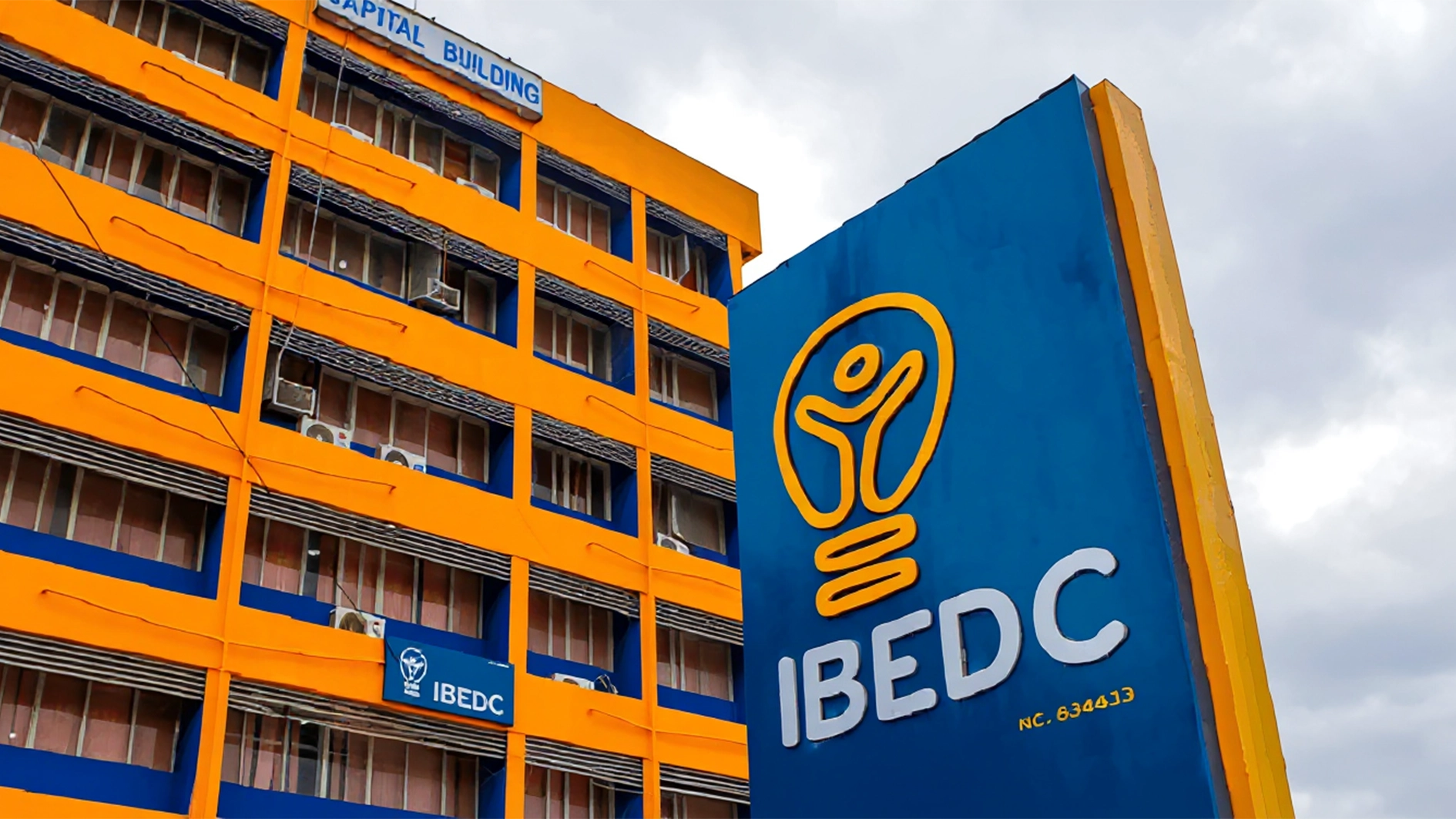
With a rising population and weak energy security, the widening gap between academia and Nigeria’s energy industry may affect the future of the country unless concerted efforts are taken.
From poor storage facilities, dwindling oil production, inadequate seaports, dilapidated refineries, unreliable pipeline networks and bad road/rail networks, to subsidy challenges and pricing issues and corruption, Nigeria is in a serious energy crisis as millions of people are left without access to electricity.
The situation has pushed many Nigerians below the poverty line amidst rising statistics of unemployment and borrowing to finance the economy.
To most stakeholders, while other challenges are bedeviling the energy sector, the challenges of capacity development and leadership gap remain germane problems that require an urgent and sustainable approach if the set goals must be achieved.
At the maiden edition of the Dr Diran Fawibe Annual Lecture Series, stakeholders across the sector and academia were unsettled over the energy outlook as they pushed for a development that would enable the private sector to collaborate with institutions to build skills that would guarantee energy security.
Harping on ‘Shaping the Future, Building Legends’, the experts recognised the gap in research and development in the energy sector at a time that the sector is transitioning and insisted that young Nigerians must become the powerhouse of the nation’s energy industry.
For that to happen, they insisted that the bridge between the industry and the academia must be collapsed to ensure that research is adequately funded and remains relevant to the future of the oil and gas industry as well as the oil sector in general.
With new technologies, net-zero and the global energy transition, new research, development and skills, countries that prioritise these challenges and build the necessary capacity, especially in young people may adapt faster and lead the way in shaping the energy landscape. In Africa, Nigeria stands at a strategic point to benefit from the changing sector.
The lecture series, organised by the International Energy Services Limited (IESL), and the University of Ibadan Centre for Petroleum Energy Economics and Law (CPEEL), in honour of Dr. Fawibe appears as a step in the right direction to expand this narrative and also encourage players in the oil and gas sector to team up with institutions in Nigeria at a time when the Federal Government is at loggerheads with the nation’s institutions on sustainable funding.
At the lecture series, which was held in Ibadan, Fawibe, the Chairman of IESL, insisted that bridging the gap between academic research and practical applications is very germane to the future of the energy sector in Nigeria.
“We want the university to serve as an integrator for the development of technology in the country. Research shouldn’t be for the sake of research, but we should see the results.
“The only way we can achieve this is by improving the academic environment, through collaboration with industry experts. By doing so, we can translate these efforts into the development of our country, as that’s the only way we can advance and keep up with other advanced nations.”
Fawibe’s vision is to ensure that research findings are transmitted into development.
He noted: “In other countries that have reached advanced development, universities are an integral part of that development, in which case, some of the studies done in the universities are presented and translated into avenues for development for the various sectors of their economies. So, it should be the same in our universities, it should not be a case of doing research just for the sake of research.”
The Chief Upstream Investment Officer (CUIO), NNPC Upstream Investment Management Services (NUIMS), Bala Wunti, who had asked stakeholders to emulate the role played by Fawibe in reshaping the future of young Nigerians, noted that the future is now as such the minds of young Nigerians must be broadened to sharpen their confidence and unleash their courage.
Wunti, who was a guest speaker at the event, stressed the importance of enhancing the skills of students, enabling them to become competent and confident professionals.
He also emphasized that courage and informed decision-making would prepare them for success in a legendary environment.
Wunti also noted the potential of the energy sector and proposed collaboration among academics, policymakers, and the public to harness its benefits.
Wunti advocated the creation of a collaborative platform that would bring together individuals from various sectors and industries to address the challenges being faced by the country.
Vice Chancellor, UI, Prof. Kayode Adebowale, who was represented by Deputy Vice-Chancellor (Academics), Prof. Aderonke Bayeroju, urged stakeholders from academia, industry and government to leverage their collective wisdom and expertise to drive national development.
“Together, we can forge a future that is sustainable, inclusive, and abundant. We should also reflect collective energy, which requires innovative thinking for positive impact, leading to success and economic growth,” Adebowale said.
Managing Director of IESL, Bayo Ige, said: “If the government can manage funds and utilise it properly for the development of the country, everyone would be better off. The government should focus more on the production of oil and gas because we have not done any major projects. When you have oil and gas, what you do is, extract what you have and establish more projects to back it up.
“The situation we are in, in Nigeria, is that we don’t have more projects. So, what the government needs to do is to make sure that projects are established and if that goes ahead, the oil and gas would take our pride of place, and there will be activities for the country and these will help with the exchange rate.”






